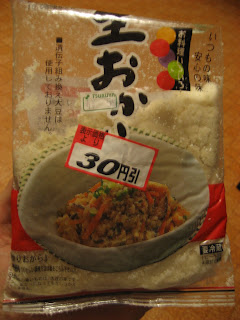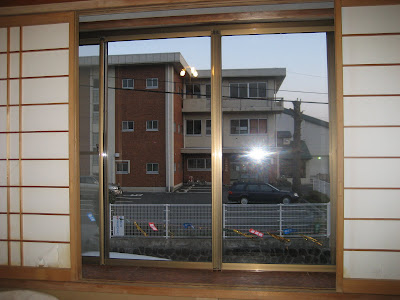10 Things we Miss from "Home"1. YOU! Family and friends. Thanks for hanging in there and keeping in touch with us. Skype/email/talk to you soon!!
2. Good Cheese--feta, goat cheese, blue cheese, manchego, triple cream brie, etc. Here there are two varieties--pre-shredded "mozzarella" and cream cheese.
3. Being able to read, especially labels.
4. Being able to communicate with people, make jokes and avoid embarrassment and confusion in our native language.
5. NOT banging our heads on low doorways, mostly in our own house.
6. Couches! We just have these little chairs on the floor that we sit on. We don't mind having our bed on the floor, but couches are just so much comfier. They exist here but we don't want to invest, try to get it to our house, etc.
7. The library and easy access to English books, magazines and newspapers. You can only read on the computer so much. We can order books online here but it's costly and we go through books quickly.
8. Food other than cheese like tortillas, granola, flax, cheap nuts, cereal, Mexican food, couscous, quinua, granny smith apples, etc.....
9. Cultural diversity. Everyone in Japan is so...Japanese. It's almost eery, especially since we were living in the most diverse neighborhood of Minneapolis before we left. The only place I see foreigners is at my Japanese class where the Indonesians, Brazilians and Chinese congregate.
10. Not standing out, just being one of the crowd. Let's just say that if we see another gaijin in our town or the next few over, we already know and are friends with them. That's how few of us there are. I'm constantly surprising small children and old people especially with my height and white.
10 Things we already know we will miss when we leave Japan (in no particular order...)
1. Cheap alcohol. Japan apparently hardly taxes their alcohol and you can really tell how much in tax you must be paying at home. We just saw a bottle of Johnnie Walker Black Label for $21, for instance.
2. Our cute little 2 story house to ourselves. Laundry machine, tatami mats, shoji screens, area for garden, sunlight galore, extra room for yoga and visitors.
3. Our huge rice cooker--perfect rice, every time. We may need one of these at home.
4. Cheap, plentiful tofu, especially the pre-fried kind. Also, amazing nori for making sushi.
5. Crazy fast fiber optic internet.
6. The 100 Yen shop (ie Dollar Store). Here the 100 yen shop isn't really trashy. It's more like Target except a lot cheaper, obviously. And you can get everything you need for making Japanese food that you never knew you needed--like tempura paper for soaking up the oil and rice scoops.
8. Not being so busy. We have the same schedule for the first time ever and can cook dinner from scratch together every night. We have time to exercise, cook, read books, watch movies, study languages (Japanese for Josie, French for John), hang out with friends, etc. We don't spend much time at all running errands or doing things we don't want to do.
9. Being on Japanese National Health Care for about $20/month. We hear it covers dental so we're going to try to see a dentist while we're here too.
10. The shrines, temples, onsen, sushi, karaoke places, vending machines that sell hot coffee, sake selection, cheap flights around SE Asia, paying our bills at 7-11, not needing a car, etc.....
It's a good thing we're not planning on leaving any time soon!










